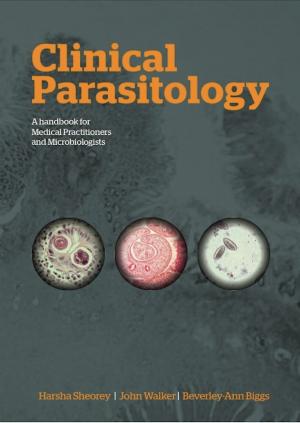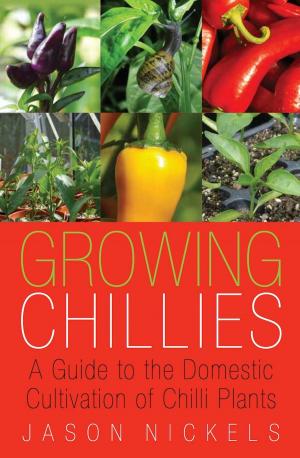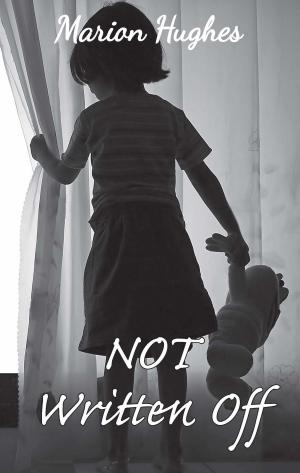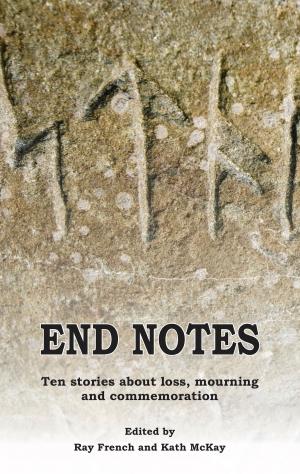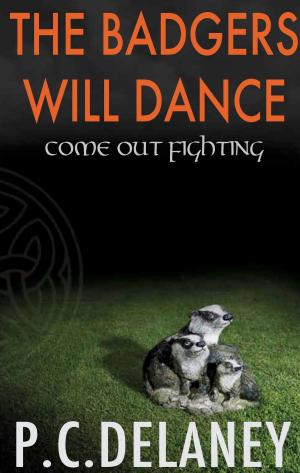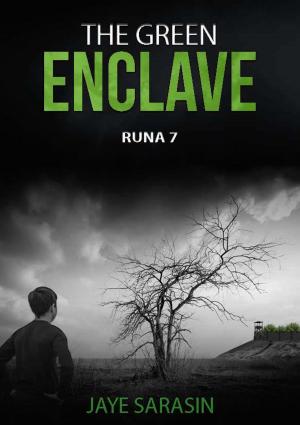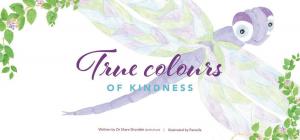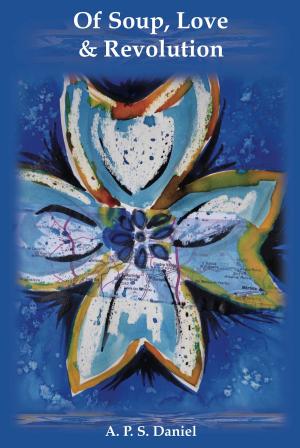The Last Bronte
The intimate memoir of Arthur Bell Nicholls
Fiction & Literature, Historical, Literary| Author: | S R Whitehead | ISBN: | 9780955283529 |
| Publisher: | yorkpublishing | Publication: | September 5, 2017 |
| Imprint: | Ashmount press | Language: | English |
| Author: | S R Whitehead |
| ISBN: | 9780955283529 |
| Publisher: | yorkpublishing |
| Publication: | September 5, 2017 |
| Imprint: | Ashmount press |
| Language: | English |
He was Charlotte Brontë’s husband, the love of her life, until she died, carrying their unborn child. That is how Arthur Nicholls is remembered, but his bond with the Brontës ran infinitely deeper than that.
Arthur was Patrick Brontë’s curate. He was devoted to the older priest − the father that he’d never had − but Charlotte and Emily snubbed him, and Branwell was in decline so Anne, alone, extended the hand of friendship and Arthur took it.
Could they have been more than friends, Anne and Arthur? Arthur believed that they could but then tragedy struck: Anne died from consumption, as also did Branwell and Emily. It was a traumatic triple loss, and those that were left made a prickly ménage: Arthur and Charlotte, who had never got on, and her father, whom they both loved. But grief can be a bond and, through that bond, Arthur glimpsed hope. He pursued it. It was a tortuous journey through exile, return, love and loss that finally gained him the acceptance he had always craved. The Last Brontë dramatizes one of the most extraordinary love stories in literary history.
He was Charlotte Brontë’s husband, the love of her life, until she died, carrying their unborn child. That is how Arthur Nicholls is remembered, but his bond with the Brontës ran infinitely deeper than that.
Arthur was Patrick Brontë’s curate. He was devoted to the older priest − the father that he’d never had − but Charlotte and Emily snubbed him, and Branwell was in decline so Anne, alone, extended the hand of friendship and Arthur took it.
Could they have been more than friends, Anne and Arthur? Arthur believed that they could but then tragedy struck: Anne died from consumption, as also did Branwell and Emily. It was a traumatic triple loss, and those that were left made a prickly ménage: Arthur and Charlotte, who had never got on, and her father, whom they both loved. But grief can be a bond and, through that bond, Arthur glimpsed hope. He pursued it. It was a tortuous journey through exile, return, love and loss that finally gained him the acceptance he had always craved. The Last Brontë dramatizes one of the most extraordinary love stories in literary history.

